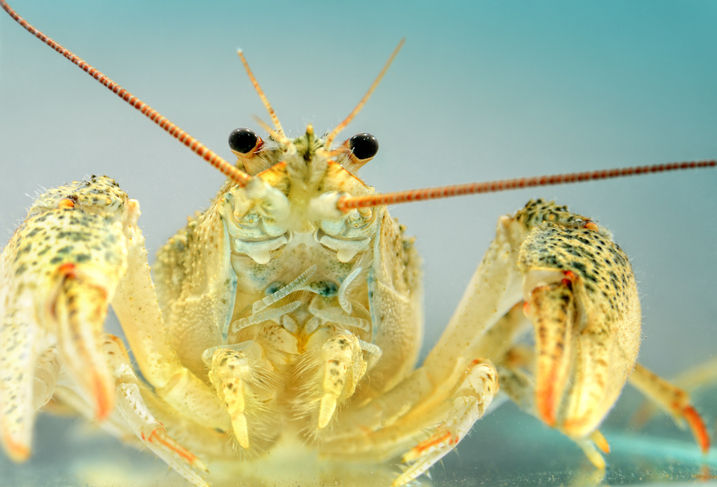Sustainable Seafood must include animal welfare
- Sep 29, 2023
- 3 min read
There seems to have been a spate of opinion pieces recently about the benefits of eating seafood for people and planet. It’s seen as a healthy, low carbon solution to providing protein for a growing population.
Whilst there are many positive things about increasing seafood in our diet, very few people seem to be talking about the importance of animal welfare when promoting all the attributes a crustacean diet can provide. At Crustacean Compassion we don’t campaign against the use of decapod crustaceans as food, but we do strongly believe all sentient creatures deserve humane treatment. Decapods were included in the Animal Sentience Act in 2022 so it’s alarming their welfare considerations aren’t being put front and centre in conversations about scaling up seafood consumption in 2023.
Businesses who created plant-based alternatives to meat, buoyed up by rising concerns about animal welfare, healthy eating, and climate change, are finding their sales falling as plant-based products come under fire for potential negative health and environmental effects. This could create a gap in the market the seafood industry has been waiting for but ignore animal welfare of decapods at your peril. Animal welfare is the issue uniting people looking to eat less meat and dairy, become flexitarian or give it up all together. Whilst we might not know yet everything there is to know about decapod welfare, we know that best welfare practices have value to consumers. If we don't put it at the heart of everything we do now, how will we strive to achieve the best practices for all animals that are part of our food chain.
In 2010 Mintel market research found animal welfare was Britain’s number one food concern. In 2015 they found 74% of consumers listed animal welfare among the top factors which made a food brand ethical and as recently as 2021 high animal welfare was the top priority for consumers, higher than concerns about plastic waste.
Of those people surveyed 60% saw high animal welfare as important and trusted supermarkets to ensure their suppliers acted ethically, and 62% expected government authorities to ensure companies acted ethically. An increased number of consumers are calling for transparency from brands and proof of their ethical practices through their supply chains, as consumers want to ensure their money is spent with brands that share their values.
In 2022 a YouGov poll found 63% of those surveyed thought the government should increase its level of action on animal protection.
The UK is a nation of animal lovers and although when we think of crustaceans, we don’t think of cute and cuddly animals, they are now recognised by law as animals who feel pain, fear, and suffering. As consumers learn more about them, the call for equal protection will increase and they will be looking at both the industry and the government to do the right thing.
People are concerned about the environment but when it comes to trade-offs between animal welfare and environmental production attributes, Schmiess and Lusk (2022) demonstrated consumers clearly prefer increased animal welfare over lower levels of environmental impact, which matches the findings this year by Aurelia Schütz et al which found that ‘regardless of animal species, in a trade-off situation, citizens prioritize animal welfare and human health over other sustainability aspects and, in particular, over product attributes (i.e., product price and taste).’
If we want to build a sustainable seafood solution, then animal welfare must be at the heart of it. Otherwise, you can talk forever about the low carbon footprint of seafood compared to meat, the healthy attributes or quality of taste. But when your customers see live lobster put into boxes to be posted who knows where, lobsters and crabs boiled alive, tails pulled off living and moving langoustines and crabs having their claws mutilated, none of those positive messages will be remembered.
The seafood industry has the potential to learn from and avoid all the costly mistakes made by land agriculture. To build a resilient sustainable food system for people and planet but an important pillar of that sustainability must be animal welfare.





